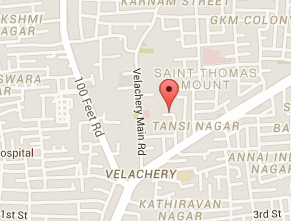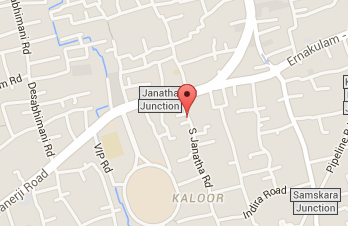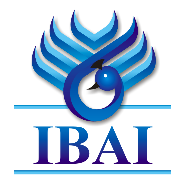Should you opt for the bank run health insurance scheme for account holders?

We as insurance brokers have often been asked about the details of health insurance schemes offered by banks and we generally have not encouraged it for various reasons. True, there are certain advantages offered by these schemes- the biggest being low premiums. But we have also seen such policyholders facing many issues during claims as well as during renewal. And we are approached by many such policyholders asking for a solution.
First and foremost, before taking these policies, you have to understand how these schemes work. The banks, who offer these policies, have tie-ups with one of the insurance companies, usually a public sector insurance companies like National insurance, United Insurance, and so on. Since the bank has a vast customer base, these insurance companies offer these mediclaims to the bank’s customers at a very low premium rate. These policies work like normal group mediclaims except that the premiums are very low and the entry age is higher in some bank tie-ups than usual and just like any other group mediclaim, you are not required to undergo a medical checkup.
Yes it does sound very good. But just before you take the plunge, listen to the drawbacks of these bank offered low-cost medical insurance.
All the banks that sell these policies require you to open a savings account with them.The reason for this is that as per the tie-up between the bank and the insurance company, this insurance is being offered to the account holders of the bank. But very often the banks market in wrongly by offering this insurance as the motive for opeing an account with them. The minimum startup amount will vary from bank to bank. The premium payable is based on age bands in some banks where as other banks have flat premium rates. However, don’t forget to add the account opening amount to the cost of your mediclaim.
Most of these banks offer fixed sum insured while very few others permit you to choose the sum insured you want. These can be taken as floater policies covering the family members under one policy. However, there may be restrictions on covering your aged parents under this floater policy.
The biggest disadvantage of these policies is that the bank acts solely as a selling point. Once this policy is sold to you, the bank will not undertake any responsibility with regard to servicing or claim settlement. In other words, once you buy this policy from the bank, you are on your own at the time of need. Unlike buying the policy from an insurance broker who is responsible for servicing you throughout the policy period, there is nobody you can run to for help. Anyone of you who has had a claim would know the amount of follow-ups and monitoring required with the third party administrator.
Another disadvantage is that the tie-up that the bank has with their insurance company may not be renewed year after year as this association is subject to periodic reviews. Negative reviews may lead to discontinuation of this tie-up and the customer would be left searching for other options year after year.
So don’t go just by the premium figure. Discuss before you take a policy, ask for advice, study the pros and cons carefully and then take the decision that will benefit you in the long run.
- Log in to post comments






